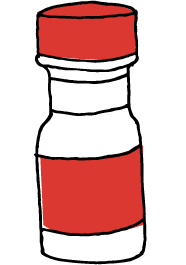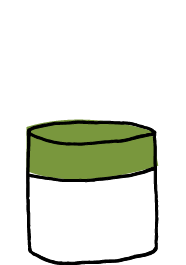Our Cinnamon Tree Leaves contain the delicate essence of cinnamon and are a slightly sweeter, more interesting alternative to traditional bay laurel leaves. They also make a beautiful cinnamon tea: just infuse a few leaves in a teapot with hot water.
The leaves are a byproduct of our Cinnamon Verum, where leaves are collected from the branches being harvested for bark. By harvesting the leaves, our partner farmers are able to make more money from their cinnamon trees. Cinnamon leaves are a traditional ingredient in rice dishes and stews, where they add a complex herbal flavor and cinnamon perfume.
Highlights
Cooking tips
- Steep in boiling water for a cinnamon tea
- Use as a bay leaf replacement in chilis and stews
- Add a few leaves to your next pot of rice
SOURCING

Cinnamon tree leaves have traditionally been a byproduct of the cinnamon harvest. Since they contain the delicate essence of the cinnamon, we thought to put them to use.
Our cinnamon tree leaves come from the evergreen tree of the genus Cinnamomum aka Ceylon cinnamon. Our cinnamon tree leaves are grown by a cooperative of smallholder farmers on the Zanzibar islands off the east coast of Tanzania in the Indian Ocean, many of whom have been cultivating cinnamon and other spices (including our cloves, nutmeg and black pepper) for generations. They grow on the steep hillsides rising above the beach, where they thrives in the hot sun, salty breeze and sandy soil, a terroir that contributes to a subtle, smooth flavor without any bitterness. The cinnamon tree leaves are gathered by hand and sun-dried to order throughout the year to guarantee the freshest and most intense flavor.
HEALTH BENEFITS
While we do not make any health claims on any of our spices, there has been some historic and limited recent evidence that cinnamon can potentially be helpful for:
- Antibacterial and Antifungal Treatments: Cinnamon oils have demonstrated antibacterial and antifungal activity, and show potential for future alternative and/or synergistic treatments for bacteria and yeast. (A, B, C, D, E, F, G)
- Cancers: Research has shown some increasing evidence that cinnamon contains some anticancer properties by inducing apoptosis of cancer cells and inhibiting tumor cell growth.
- Cognition and Alzheimer’s Disease: Cinnamon might boost the ability of the brain to utilize glucose, improve cognitive function and help fight Alzheimer’s disease by inhibiting aggregation of a protein called tau.
- Glycemic Control: Some research has shown cinnamon to be effective in increasing insulin sensitivity and improving fasting blood glucose levels, with potential to support glucose control treatment in the future. (A, B, C ,D, E)
- Dyslipidemia: Cinnamon has shown to be effective in reducing triglycerides, total cholesterol and/or LDL-C in some studies. (A, B, C, D)
Further clinical studies are warranted and in progress. Please always consult your healthcare provider. This is not intended as medical advice.








 Supermarket
Supermarket
 Fair Trade
Fair Trade